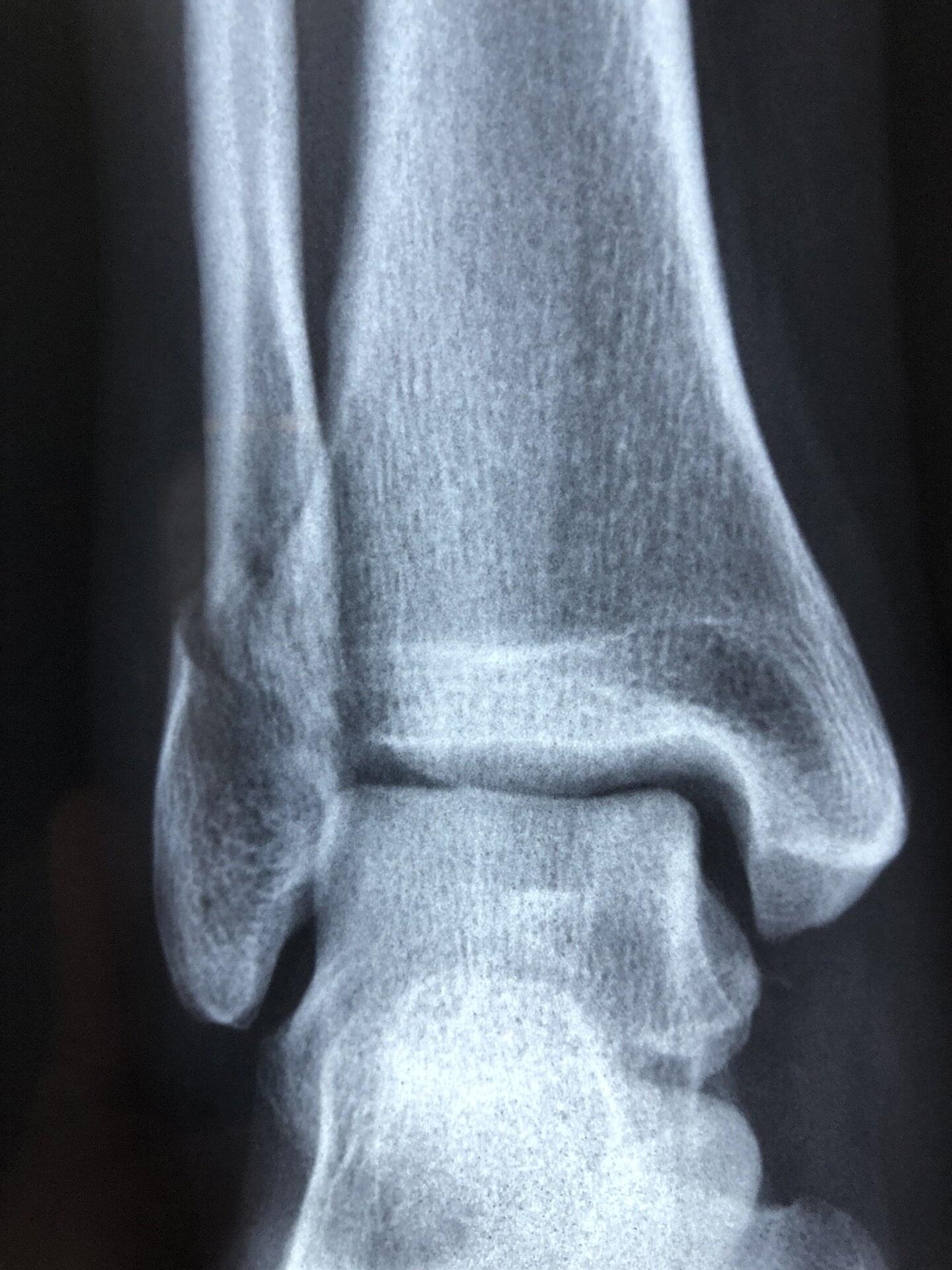Peripheral afferent neurons—nerves that send signals from all areas of the body to the central nervous system (brain and spinal cord)—are known to infiltrate and grow within malignant bone tumors called osteosarcomas, often accompanied by severe pain.
In a study published in Proceedings of the National Academy of Sciences, a multicenter research team led by Johns Hopkins Medicine reports that two analgesic drugs, bupivacaine and rimegepant, which are used to inhibit the formation and functioning of these neurons, not only relieve tumor-associated pain in laboratory mice, but also slow the unchecked growth of the cancer.
“Our findings suggest that these two medications—already approved by the U.S. Food and Drug Administration [FDA] for relieving nerve pain [bupivacaine] and migraines [rimegepant]—might one day be repurposed as anti-tumor therapies,” says study lead author Sowmya Ramesh, Ph.D., a postdoctoral researcher in pathology at the Johns Hopkins University School of Medicine.
